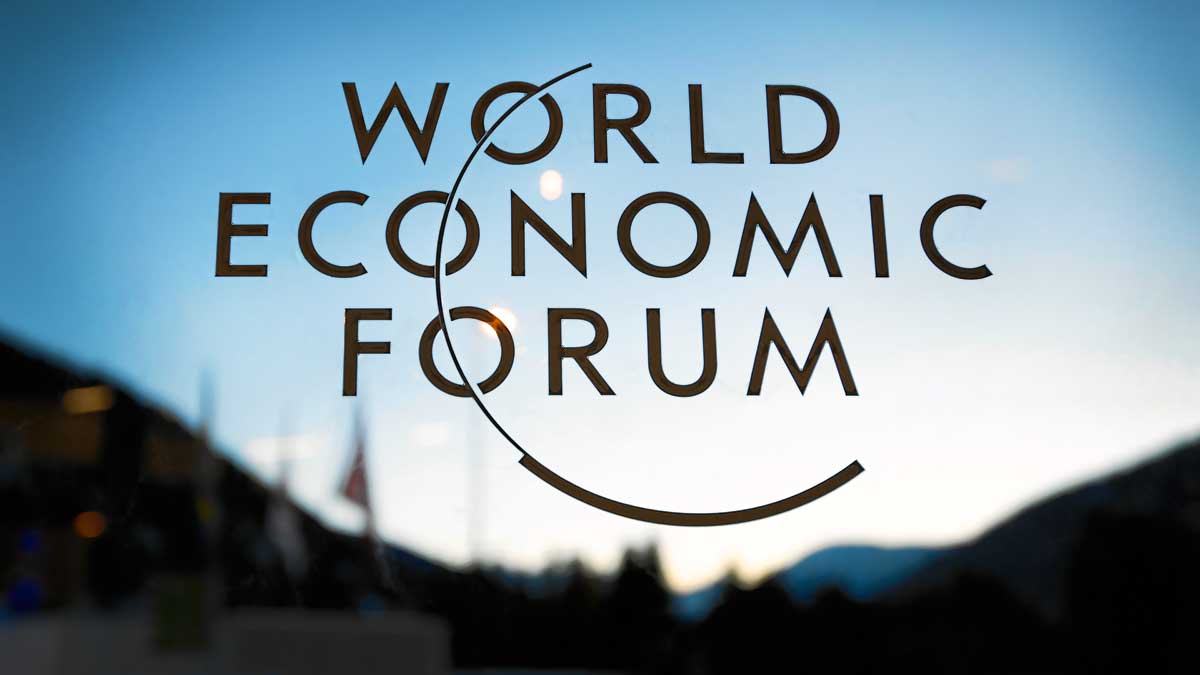The World Economic Forum (WEF), in collaboration with Accenture, has revealed in its recent report, ‘The Net-Zero Industry Tracker 2023,’ that a substantial investment of $13.5 trillion is required to decarbonize challenging-to-abate industries and achieve the global net-zero target.
The report assesses the progress of net-zero emissions in eight key industries, including steel, cement, aluminum, ammonia, oil and gas, aviation, shipping, and trucking, which collectively rely on fossil fuels for 90% of their energy demand.
Roberto Bocca, Head of the Centre for Energy and Materials at the World Economic Forum, emphasized the crucial role of decarbonizing industrial and transport sectors, which currently contribute 40% of global greenhouse gas emissions, in reaching the net-zero goal.
The $13.5 trillion investment estimate is based on the average costs of clean power generation from sources like solar, offshore and onshore wind, nuclear, and geothermal. Additionally, it considers costs related to electrolyzers for clean hydrogen production and carbon transport and storage.
The report stressed the urgency of creating a robust enabling environment that includes low-emission technologies, infrastructure development, increased demand for green products, supportive policies, and substantial investments.
These efforts are deemed essential to drive the necessary transformation and ensure a sustainable and resilient transition to a net-zero future.



